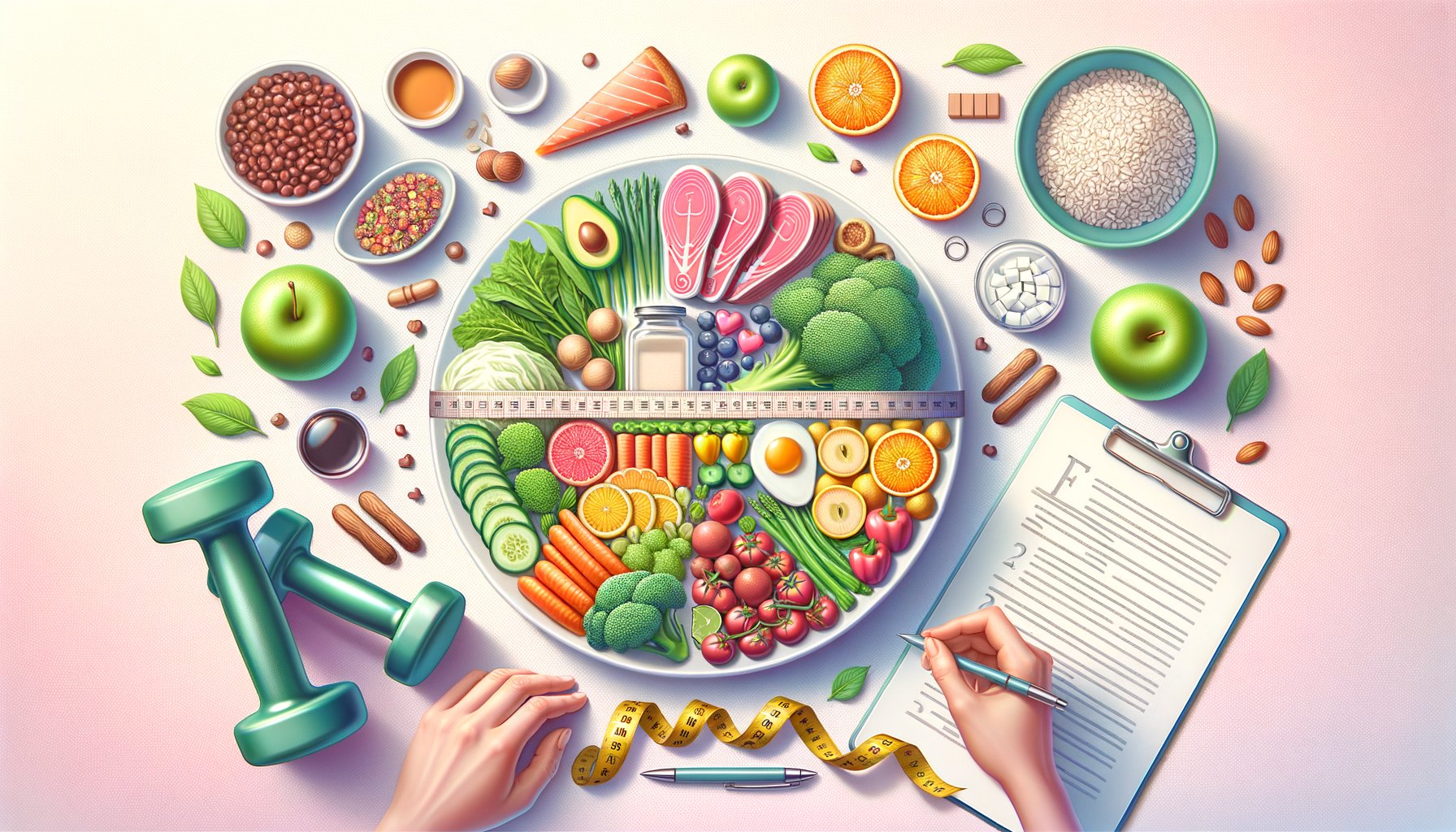Physical Address
304 North Cardinal St.
Dorchester Center, MA 02124
Physical Address
304 North Cardinal St.
Dorchester Center, MA 02124

Hey there, fellow Gen Z’s! It’s Sophie here with another piece of wisdom from the depths of my 24-year-old life. This time we’re diving into the world of fitness. But don’t worry, we won’t be doing any actual diving; I’m still recovering from that one time I tried to impress a cute guy at the pool and belly-flopped instead. Let’s just say it wasn’t my finest moment.
Anyway, back to business. Today we’re going to talk about something crucial in our fitness journey – food. Or more specifically, a balanced diet. Now I know what you’re thinking: “Sophie, I’ve heard this a million times before.” But bear with me because this is important stuff, and who knows? You might learn something new (I certainly did while researching for this article).
Food is fuel for our bodies; it gives us the energy to function and perform physical activities. Without it, we’d be like cars without petrol or phones without battery – pretty useless! When we exercise, our bodies need even more energy than usual to cope with the increased demand. That’s why it’s so important that we give it what it needs.
A balanced diet is all about getting the right types and amounts of foods and drinks to supply nutrition and energy for maintaining body cells, tissues, and organs, as well as supporting normal growth and development.
Imagine your body as a finely-tuned machine (mine’s probably more like an old lawnmower but let’s go with it). To keep everything running smoothly you need different types of nutrients: carbs for energy; protein for muscle repair and growth; fats for energy and essential bodily functions; vitamins and minerals for various metabolic processes; and water to stay hydrated.
Carbohydrates are your body’s main source of energy. They’re like the petrol that keeps your car running. And just like there are different types of petrol, there are different types of carbs: simple ones (like sugar) which give you a quick energy boost, and complex ones (like whole grains) which provide sustained energy.
Protein is essential for muscle repair and growth. It’s what helps you recover after a tough workout (or after attempting to dive in front of a cute guy). Good sources include lean meats, fish, eggs, dairy products, legumes, nuts and seeds.
Fats often get a bad rap but they’re actually important for our bodies. They provide long-lasting energy and are needed for various bodily functions. However, it’s important to differentiate between good fats (found in foods like avocados, nuts, seeds and oily fish) and bad fats (found in fried foods or junk food).
Vitamins and minerals might not provide energy but they play a crucial role in maintaining our health. For example, calcium helps build strong bones while vitamin C boosts our immune system.
And let’s not forget about hydration! Water is vital for pretty much every function in our body – from digestion to temperature regulation. So make sure you’re getting enough H2O especially when exercising!
I know the word ‘diet’ can be intimidating – it brings up images of restriction and deprivation. But remember that diet simply refers to what we eat and drink. A balanced diet doesn’t mean cutting out all the foods you love. It’s about moderation and making sure you’re getting a variety of nutrients.
So next time you’re about to grab a bag of chips, maybe consider an apple instead. Or if you’re like me and have a sweet tooth, try swapping that chocolate bar for some dark chocolate or a piece of fruit. Small changes can make a big difference!
Remember, fitness isn’t just about hitting the gym or running 5km every day (although kudos to you if you do). It’s also about nourishing your body with the right foods. So let’s start giving our bodies the respect they deserve by fueling them properly.
And remember – it’s okay to indulge every now and then (I’m looking at you, Friday night pizza!). Balance is key in everything we do.
Until next time, folks! Stay wise and eat well!